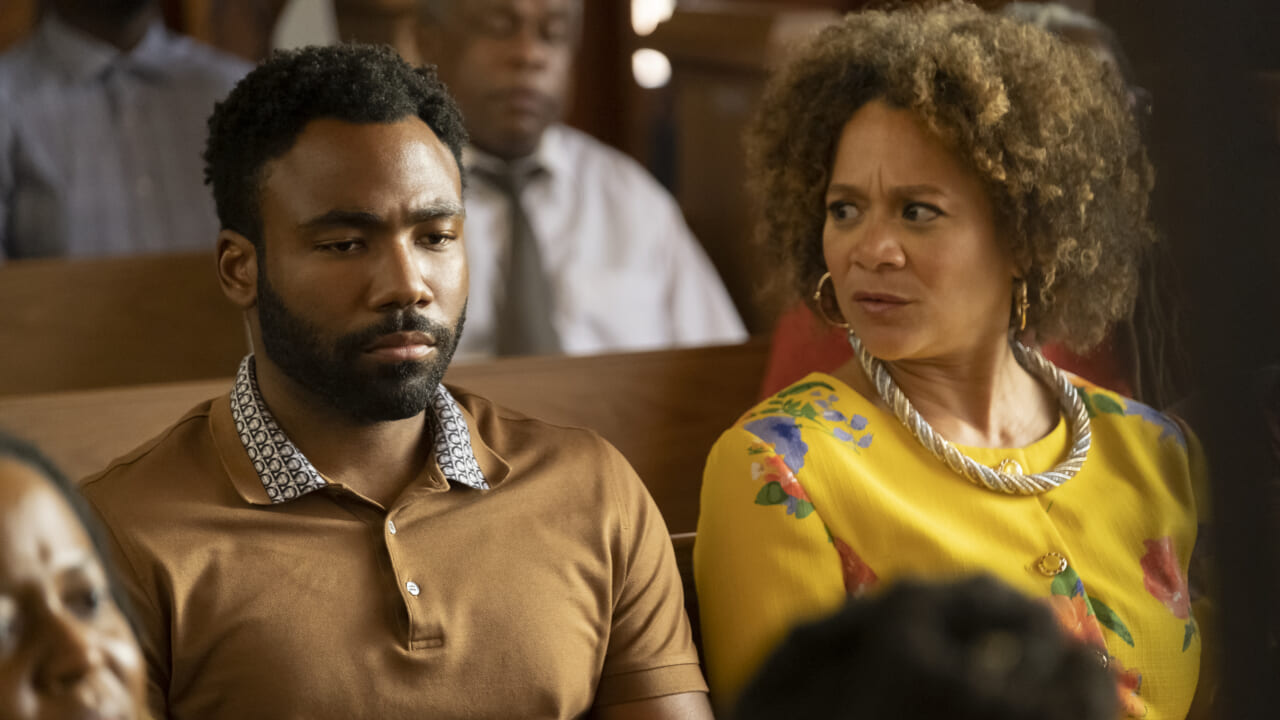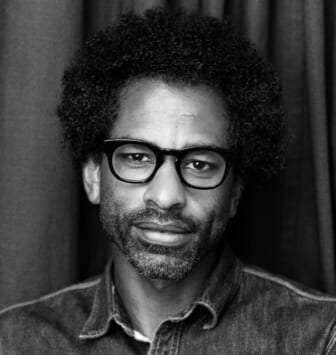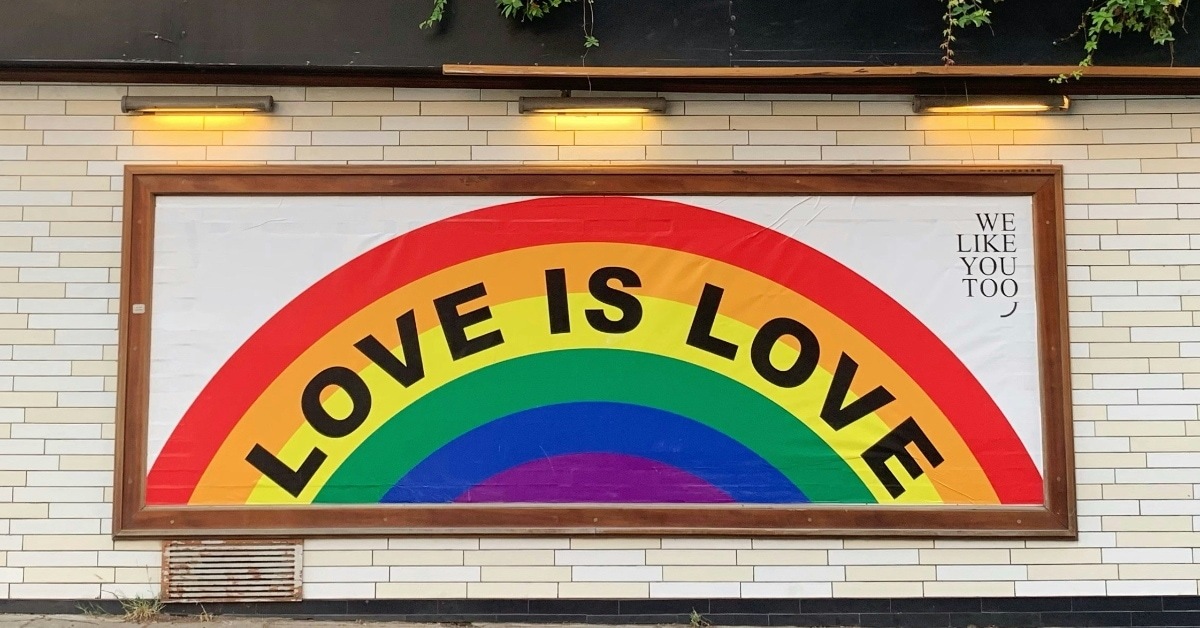‘Atlanta’ never really knew what to do with women characters. Does it matter?
OPINION: The great TV show portrayed Black men brilliantly but was lost when it came to Black women. The post ‘Atlanta’ never really knew what to do with women characters. Does it matter? appeared first on TheGrio.

OPINION: The great TV show portrayed Black men brilliantly but was lost when it came to Black women.
Editor’s note: The following article is an op-ed, and the views expressed are the author’s own. Read more opinions on theGrio.
After I wrote my story about “Atlanta” being the Blackest show ever and my review of the finale where I cried, I got notes from several women pointing me to a Buzzfeed article that raised an issue I had not grappled with. “Atlanta,” throughout its history, struggled with portraying women with the same complexity that they gave to men. The show was extraordinary in so many aspects that this shortcoming stands out.
Looking back, it was something I kind of noticed but never fully articulated, but I remember when I tried to write a sentence quickly defining each of the main characters. I knew Earn was the intellectual of the group, and Paper Boi was the streetwise leader who didn’t care about much beyond chilling. Darius was the deep, philosophical stoner. And then I thought Van was… um…lovely. What? No, I said to myself, that’s not equivalent. I said, who is she compared to them? How do I define her? I thought about it and said…I’m not sure. There weren’t that many storylines centering her because the show never took the time to develop Van the way it developed the guys.
When I pulled my lens, I realized that the whole show was about the maturation of Earn. It’s about him becoming a man. At the beginning of season one, he’s jobless, broke and lacking the ability to provide for Van and their daughter Lottie, which prevents them from being a family. In seasons 2 and 3, Earn grows into a capable, successful manager. His career grows to the point where, in season 4, he’s offered a job in L.A. That means he’s able to offer Van a sense of security. He proposes that they move together as a family, and she accepts. He has grown and changed and become a man who can provide for his family. Through that multiseason arc, has she grown or changed? No. Neither her career nor her love life has developed to make the decision to move to L.A. a real challenge. It seemed like Earn was growing, but she was standing still, just waiting for him.
The show seems to caricature its struggle with what to do with Van in season 3 when they all go to Europe. Earn and Paper Boi have jobs to do and Darius finds things to do — Europe fits his free-thinking, drug-loving vibe. But why is Van there? She’s not sure. She has nothing to do but float around. She steals something from a rich man’s home in one episode and is later accused of stealing from a store, but to what end? Why does she do these things? Because she’s bored? What does she get out of being in Europe? We don’t know. And for a while, she disappears, Earn has no idea where she is, which highlights her pointlessness to the overall mission of the group.
One of the last episodes that focused on her, “Tarrare,” was great but it was about a fantasy Van. She’s pretending to be French down to the accent. She’s part of the Parisian underworld. She’s quick to viciously beat someone with an old baguette. The Van in this episode has no relationship to the Van we know in every other episode but do we ever really know who Van is? No, not really. The episode about the Tyler Perry-ish character, “Work Ethic!,” centers Van as a good mother who puts her daughter’s feelings ahead of everything but does that really tell us a lot about Van?
Stipulated: “Atlanta” didn’t know what to do with Van, and more than that, none of the guys ever had a girlfriend who became a well-defined character. When Earn’s mother appeared in season 4, in “Light-Skinned-ed,” she was stoic and mostly quiet and overshadowed by her younger sister who came across like a Black Karen and made a fool of herself.
The show was highly adept at giving us complex young Black men, but pouring that same level of complexity into its Black women was a challenge that was beyond them. But the next question is this: Does it matter?
Of course, it matters to the Black women who loved “Atlanta” — they wanted to see their sisters portrayed with the same depth as Earn, Paper Boi and Darius. Fair. But is it OK for a show to be great at exploring certain sorts of characters and shy away from others? I understand the urge to demand a great show be as great at portraying women as men but what if that’s beyond the creators? What if that’s not really within their creative abilities? It seems like Donald Glover and his team set out to give us a show that’s about men that takes us deep into young Black male masculinity. In the first season, the show really hit its stride whenever Earn, Paper Boi and Darius were together and talking like we were peeking into their crew.
Is it OK for a show to concentrate on one element and not try to be all things to all people? Is it OK for a Black male creator like Glover to say hey, I understand Black men so I’ll make a show that dives into Black masculinity from multiple angles — there’s Earn the book smart one, Paper Boi the street smart one and Darius the philosophical stoner one. These are the sort of men I know. I can tell their stories. There were a few women on the show’s writing crew — Stefani Robinson started her screenwriting career at “Atlanta” and wrote several of the show’s best episodes including “Barbershop” and “Tarrare.” But this was Glover’s show. Is it OK for him to say that his show is focused on Black men because he knows the core of Black men and does not know the core of Black women and writing about what he knows will put him in place to write a great show? I think you can. I wish that Van were as complex as the guys, but I think Glover realized his strengths as a creator, leaned into them and avoided his weaknesses. That is part of creating successful art.

Touré is a host and Creative Director at theGrio. He is the host of the podcast “Toure Show” and the podcast docuseries “Who Was Prince?” He is also the author of seven books including the Prince biography Nothing Compares 2 U. Look out for his upcoming podcast Being Black In the 80s.
TheGrio is FREE on your TV via Apple TV, Amazon Fire, Roku, and Android TV. Please download theGrio mobile apps today!
The post ‘Atlanta’ never really knew what to do with women characters. Does it matter? appeared first on TheGrio.












